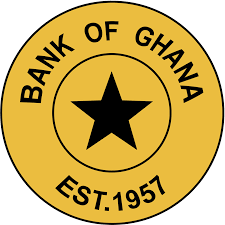Ghana’s central bank said late Friday that the country’s reform program, supported by the International Monetary Fund (IMF), remained on track with stronger growth prospects.
The Bank of Ghana said this in a statement after the latest Monetary Policy Committee (MPC) meeting to assess the performance of the economy and propose measures for the future.
The statement said domestic macroeconomic conditions remained stable, and data from October indicated a broad stability in the macroeconomic indicators.
“The growth outturn so far has been strong, and leading indicators of economic activity are projecting stronger growth in the second half of the year; business and consumer confidence are slowly turning around,” the central bank added.
Moreover, it said core inflation remained broadly stable, with the financial sector inflation expectations broadly anchored, while reserve buildup was sufficient to provide confidence.
The central bank asserted that, despite the recent steep depreciation in value, the local currency has been rebounding and recording some appreciation to help stabilize prices.
The bank expressed the hope that the IMF Board would complete its assessment of the progress of reforms this December to trigger the possible release of an additional 360 million U.S. dollars to provide more impetus to stability for the economy.
Notwithstanding the broadly stable inflation environment, the MPC noted with concern the increase in the risk to inflation and decided to maintain the benchmark policy rate at 27 percent to provide a strong policy stance against inflation, said the statement.
Ghana’s Inflation increased to 21.5 percent in September and 22.1 percent in October after falling for five straight months to 20.4 percent in August. The West African country, which will go to the polls on Dec. 7 to elect a new president and members of parliament, secured a loan of 3 billion dollars from the IMF in May 2023 to implement reforms aimed at steering the economy out of troubled waters.

